Even experienced investors make mistakes. Find out what investment mistakes you may be making and how to avoid them.
How much do you know compared to other investors?
Some of your shares drop from 18 EUR per share to 5 EUR per share. What do you do?
Have you ever missed the “right moment” when investing?
Have you ever made an emotional decision when it comes to your finances?
Many different factors can influence your decision making. This is why an exchange with experts is so valuable. As sparring partners, they can help you look beyond the edge of your own portfolio.
Our experts...
- help you to align your investments exactly with your financial goals.
- ensure that your return potential is not diminished by unnecessary mistakes.
- recognize investment opportunities early and can limit possible losses.
- guide you through crises and uncertain markets with years of experience.
Get to know our experts
Our portfolio managers

Christian Rose
Head of Hamburg Branch
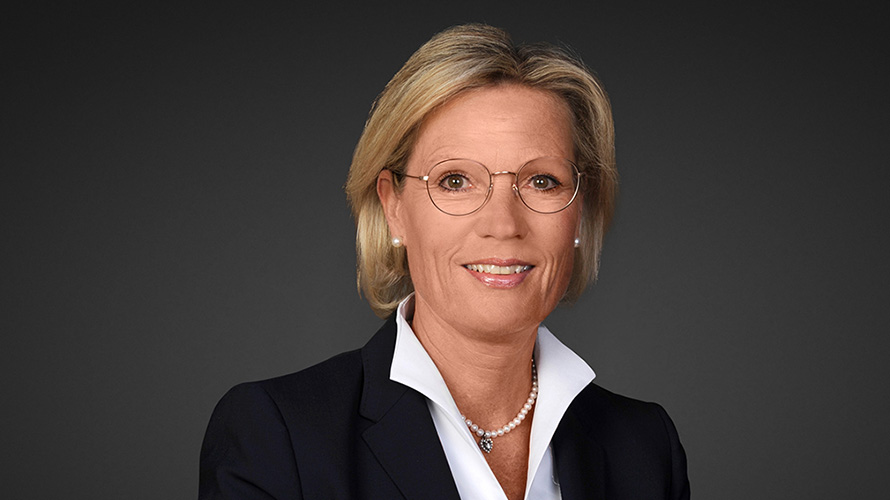
Marel Weideneder
Wealth Management Munich
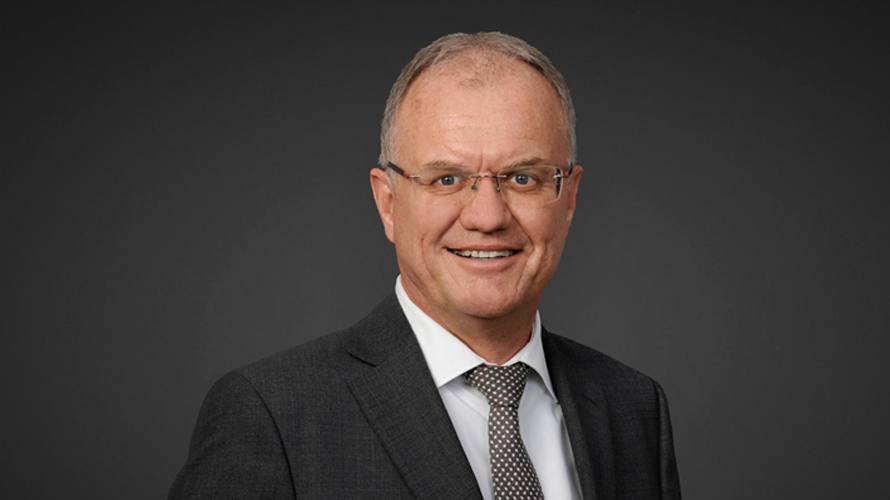
Thomas Riecken
Investment Consultant
Even the smallest undertaking starts with a conversation
 |
Give us a call:
|
Contact by Bank Vontobel Europe AG in GermanyOpen contact form to request a callback or an appointment. |
Contact by Bank Vontobel AG in SwitzerlandOpen contact form to request a callback or an appointment. |
First Alpha – Diversification
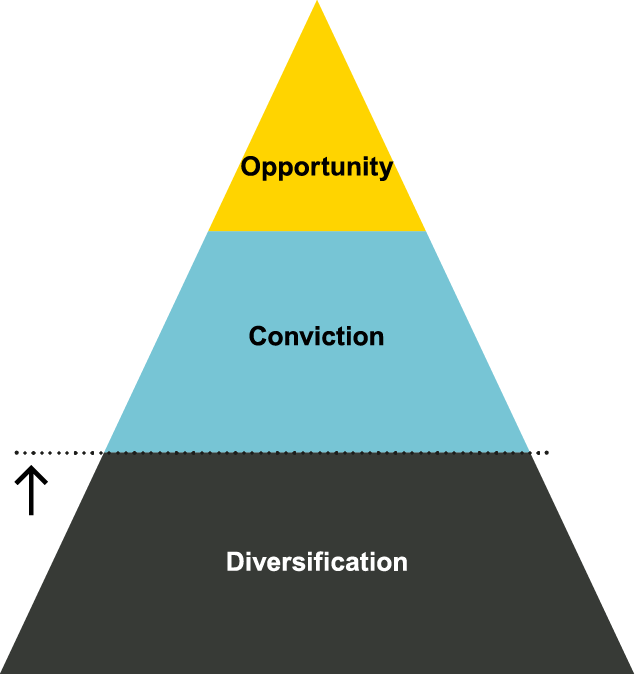
The first alpha – the main pillar – is broad diversification, meaning that your assets are spread across several types of investments. This makes a robust asset allocation possible, across different asset classes and currencies.
To Vontobel 3α Investment Philosophy®
Second Alpha – Conviction
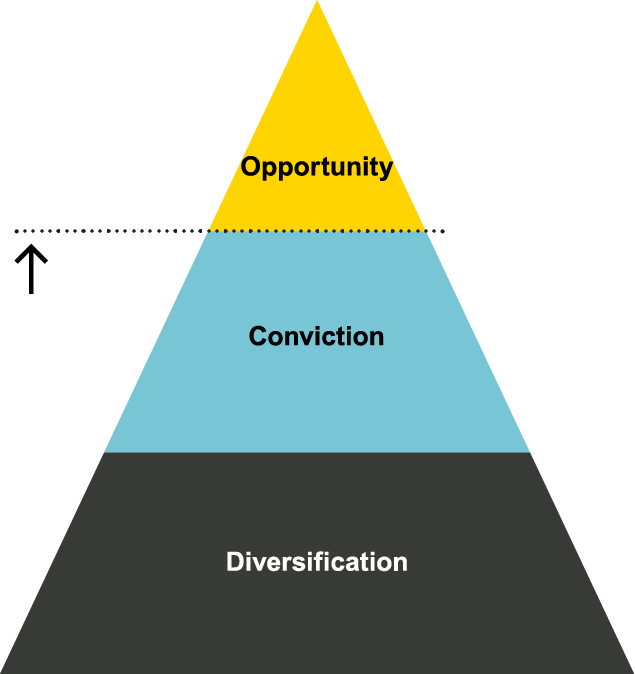
Investments that we find convincing in the medium to long term are the second possible source of return, and thus the second alpha. Here we focus on quality equities as well as on themes such as economic changes and macro- and megatrends.
Third Alpha – Opportunities
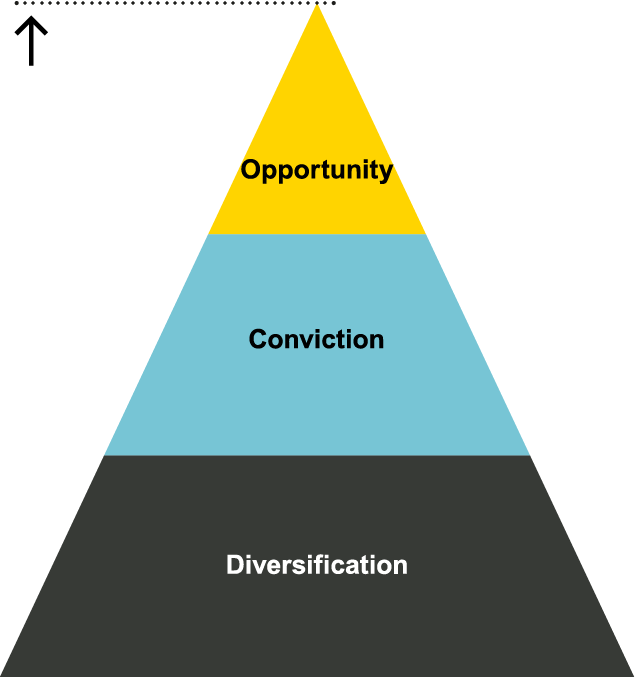
The third alpha is achieved by taking advantage of short-term investment opportunities, by closely observing the market and flexibly taking action. The smallest developments can create investment opportunity.
What else we can offer you:







